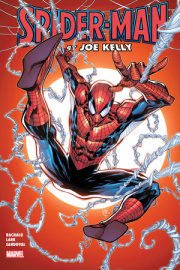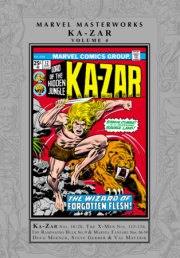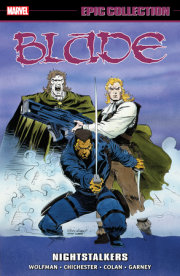Steve Englehart’s history-making contributions to the Marvel Universe began with the Beast’s solo feature in Amazing Adventures, in which the eloquent X-Man first assumed furry form. As Avengers writer, he masterminded such major events as “The Avengers/Defenders War” (in both teams’ titles) and “The Celestial Madonna Saga.” In Captain America, he identified and solved the “mystery” of the 1950s Captain America (later revived by Ed Brubaker), and gave the true Cap the alternate identity of Nomad. Englehart’s Dr. Strange storyline in Marvel Premiere established the character as Sorcerer Supreme and covered the creation of the universe itself. At DC, he helped revamp Batman, Green Lantern, Superman and other major heroes for the 1970s. Back at Marvel, he wrote the first few years of West Coast Avengers and Silver Surfer. His published novels include Countdown to Flight, Hellstorm (part of the TALON Force series), Majorca, The Point Man and, with wife Terry Beach, books in the DNAgers young-adult series. Englehart has also written TV episodes and designed video games.
Roy Thomas joined the Marvel Bullpen as a writer and editor under Stan Lee, scripting key runs of nearly every title of the time: Amazing Spider-Man, Avengers, Daredevil, Doctor Strange, Sub-Mariner, Thor, X-Men and more. He wrote the first 10 years of Marvel’s Conan the Barbarian and Savage Sword of Conan; and launched such series as Defenders, Iron Fist, Invaders and Warlock. At DC, he developed All-Star Squadron, Infinity Inc. and related titles, proving instrumental in reviving the Golden Age Justice Society of America. Thomas later became editor of Alter Ego, a magazine devoted to comic-book history, and co-scripted the sword-and-sorcery films Fire and Ice and Conan the Destroyer.
Jim Starlin introduced not only Thanos but also Shang-Chi and many other memorable characters. After seemingly killing both Adam Warlock and Thanos in one of Marvel’s earlier multi-title cosmic arcs — for which he won two Eagle Awards — Starlin wrote Marvel’s first graphic novel, The Death of Captain Marvel. Returning to Marvel to write Silver Surfer, he resurrected Adam Warlock and Thanos, both of whom figured prominently in a veritable franchise of miniseries he wrote and/or penciled: Infinity Gauntlet, Infinity War, Infinity Crusade, Infinity Abyss and more, plus the Warlock and the Infinity Watch and Thanos monthlies. Starlin continued to chart the saga of the Mad Titan in a recent series of original graphic novels.
Artist George Pérez made team titles his specialty with runs on Marvel’s Avengers and Fantastic Four, along with DC’s Justice League of America and New Teen Titans, the latter co-created with Marv Wolfman. The pair redefined the DC Universe in Crisis on Infinite Earths. In collaboration with writer Kurt Busiek, he returned to Avengers following the “Heroes Reborn” event. The pair surpassed expectations with JLA/Avengers, a 2003 crossover that featured nearly every member of both long-running teams.
After a start as inker to his older brother John, Sal Buscema penciled Captain America, Defenders, Incredible Hulk and more. Famed for his ability to meet tight deadlines, he spread his talents across multiple genres. His 1970s work ranged from Ms. Marvel and Nova to Sub-Mariner and Spider-Woman’s first appearance in Marvel Spotlight. He was the uninterrupted artist on Spectacular Spider-Man for more than one hundred issues and penciled the web-slinger’s adventures in Marvel Team-Up, in which he and writer Bill Mantlo introduced Captain Jean DeWolff. After handling more team-ups in the Thing’s Marvel Two-in-One, he reunited with brother John on Steve Englehart’s Fantastic Four. He later provided inks for Tom DeFalco’s Spider-Girl titles and Thunderstrike miniseries.
One of the Golden Age’s earliest talents, George Tuska (1916-2009) created characters for Fiction House, Harvey Comics and Fawcett Comics’ Captain Marvel Adventures, among many others. He helped launch one of the most popular post-war genres in Lev Gleason’s Crime Does Not Pay. He eventually provided multi-genre art for Atlas Comics, to which he returned following its transformation into Marvel. Tuska penciled Ghost Rider, Luke Cage: Power Man and Sub-Mariner, as well as a 10-year Iron Man stint. At DC, he illustrated Challengers of the Unknown and Superman, among others. As a comic-strip artist, Tuska drew Buck Rogers, Scorchy Smith and DC’s World’s Greatest Superheroes. His final industry work was cover art for Masquerade, part of Dynamite’s Golden Age character revival, bringing him full circle.



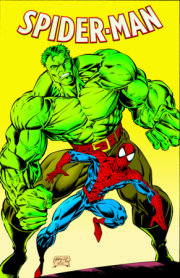
![AVENGERS WEST COAST EPIC COLLECTION: VISION QUEST [NEW PRINTING]](https://images.penguinrandomhouse.com/cover/9781302963910?width=180)
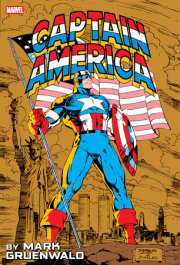
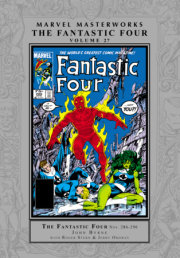
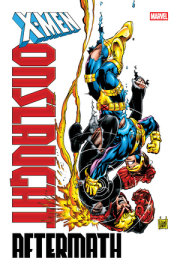
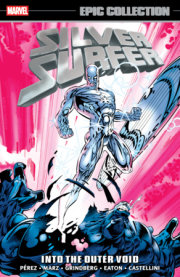
![MARVEL MASTERWORKS: THE SILVER SURFER VOL. 1 [REMASTERWORKS]](https://images.penguinrandomhouse.com/cover/9781302956042?width=180)
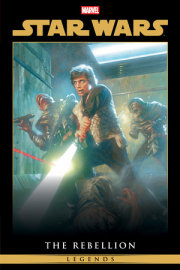
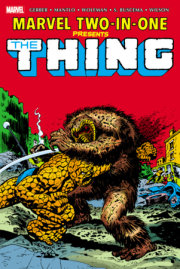


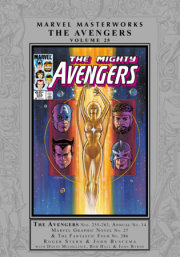
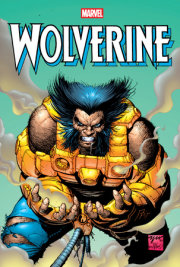
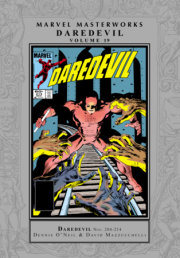
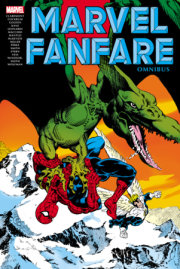
![SILVER SURFER OMNIBUS VOL. 1 JOHN BUSCEMA FIRST ISSUE COVER [NEW PRINTING 2]](https://images.penguinrandomhouse.com/cover/9781302963583?width=180)
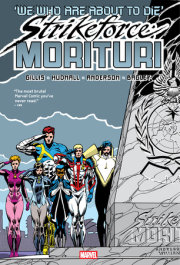
![FANTASTIC FOUR EPIC COLLECTION: THE MORE THINGS CHANGE... [NEW PRINTING]](https://images.penguinrandomhouse.com/cover/9781302963927?width=180)
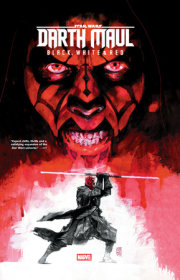
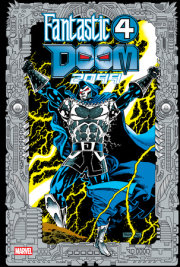
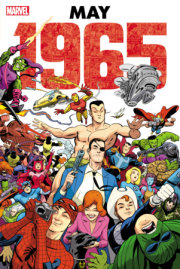
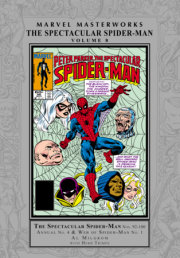
![ANNIHILATION OMNIBUS GABRIELE DELL'OTTO COVER [NEW PRINTING 3]](https://images.penguinrandomhouse.com/cover/9781302963576?width=180)
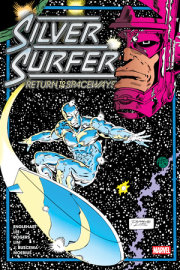
![MARVEL MASTERWORKS: CAPTAIN AMERICA VOL. 1 [REMASTERWORKS]](https://images.penguinrandomhouse.com/cover/9781302956028?width=180)
![WOLVERINE BY JASON AARON OMNIBUS VOL. 1 DAVID FINCH COVER [NEW PRINTING]](https://images.penguinrandomhouse.com/cover/9781302961367?width=180)
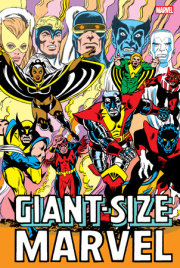
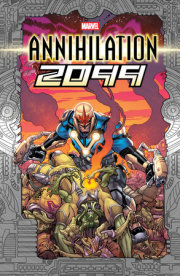
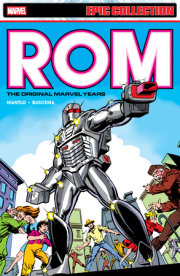
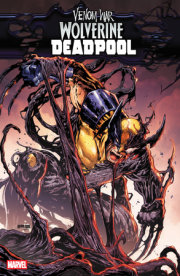
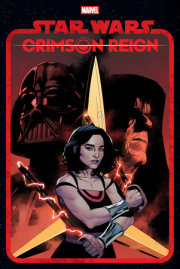
![AMAZING SPIDER-MAN EPIC COLLECTION: VENOM [NEW PRINTING]](https://images.penguinrandomhouse.com/cover/9781302963903?width=180)
![THE SENTRY [NEW PRINTING 2]](https://images.penguinrandomhouse.com/cover/9781302958718?width=180)
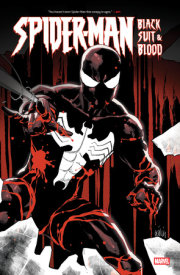
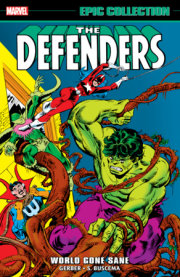
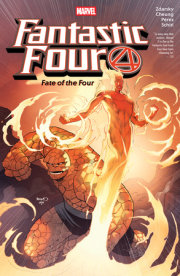
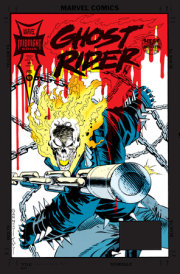
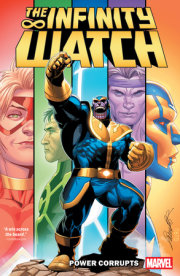
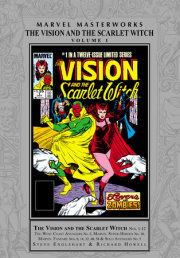
![PUNISHER BY RICK REMENDER OMNIBUS MIKE MCKONE COVER [NEW PRINTING]](https://images.penguinrandomhouse.com/cover/9781302963545?width=180)
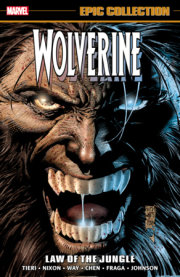
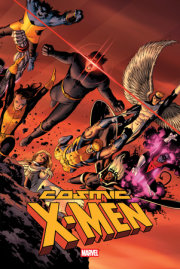
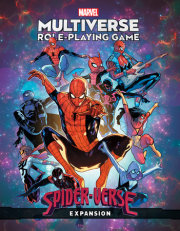
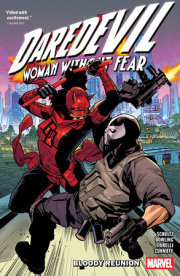
![STAR WARS LEGENDS: THE OLD REPUBLIC OMNIBUS VOL. 1 BRIAN CHING COVER [NEW PRINTI NG]](https://images.penguinrandomhouse.com/cover/9781302961282?width=180)
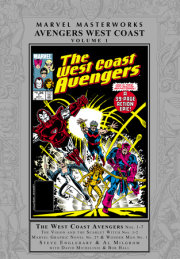
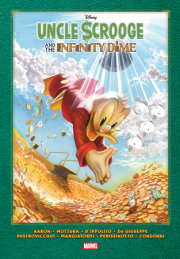
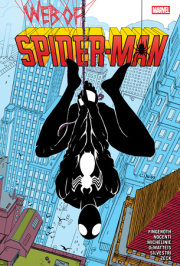
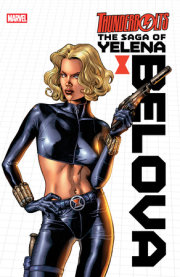

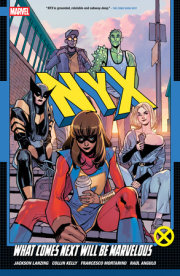
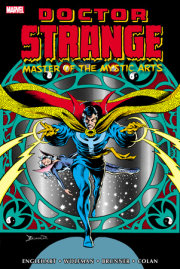
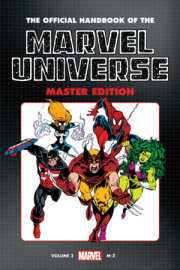
![X-MEN: AGE OF APOCALYPSE VOL. 1 - ALPHA [NEW PRINTING 2]](https://images.penguinrandomhouse.com/cover/9781302963941?width=180)
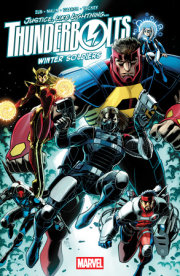

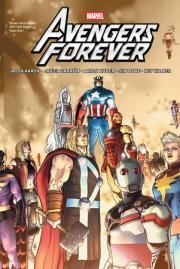

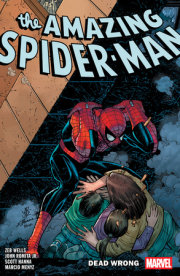
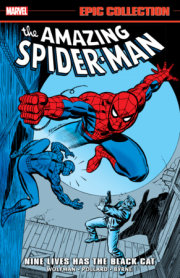
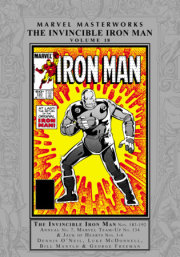
![X-MEN: FATAL ATTRACTIONS OMNIBUS JOHN ROMITA JR. COVER [NEW PRINTING]](https://images.penguinrandomhouse.com/cover/9781302963507?width=180)
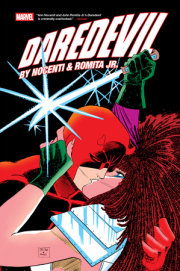
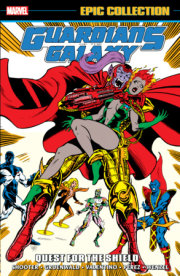
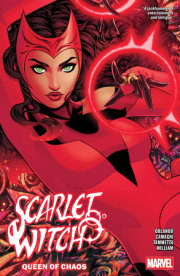
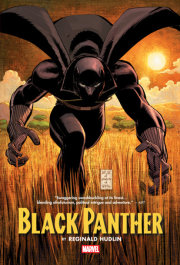
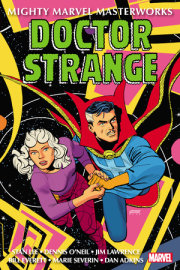
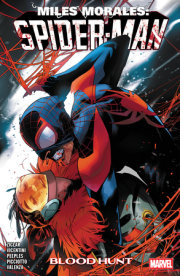
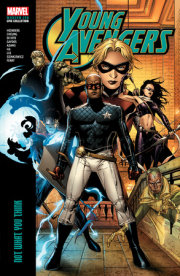
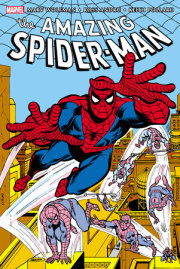
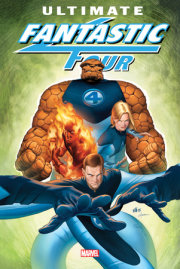
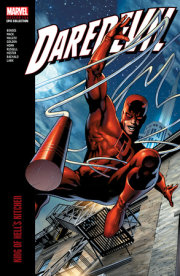
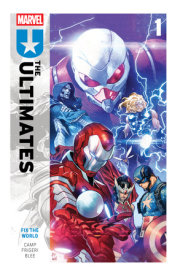
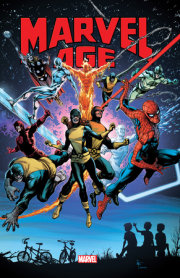
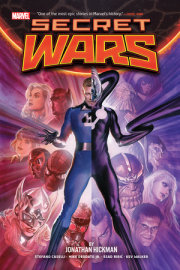
![CAPTAIN AMERICA EPIC COLLECTION: THE SUPERIA STRATAGEM [NEW PRINTING]](https://images.penguinrandomhouse.com/cover/9781302960469?width=180)
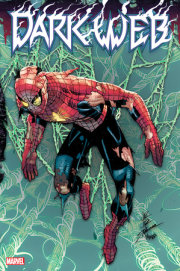
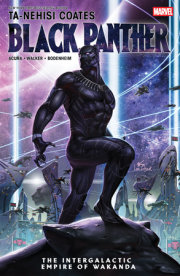
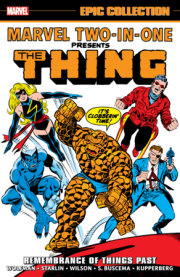
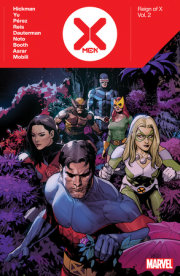
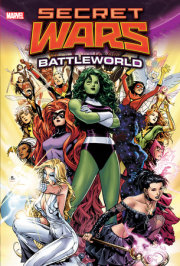
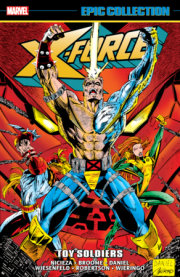
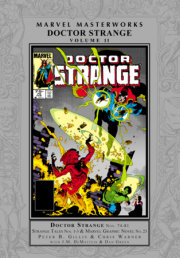
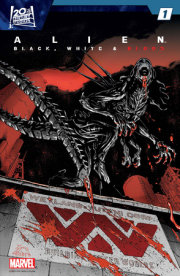

![IRON MAN EPIC COLLECTION: STARK WARS [NEW PRINTING]](https://images.penguinrandomhouse.com/cover/9781302960476?width=180)
